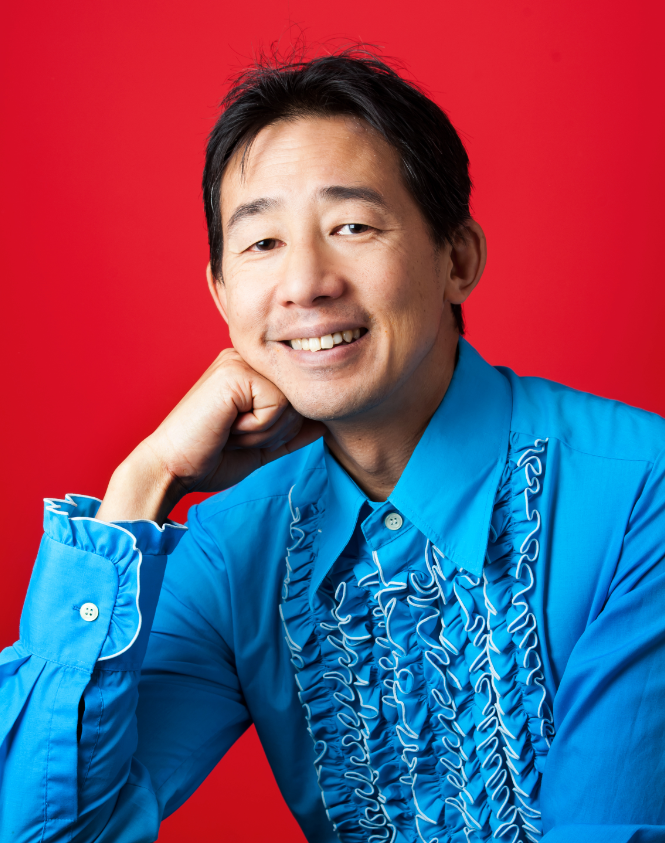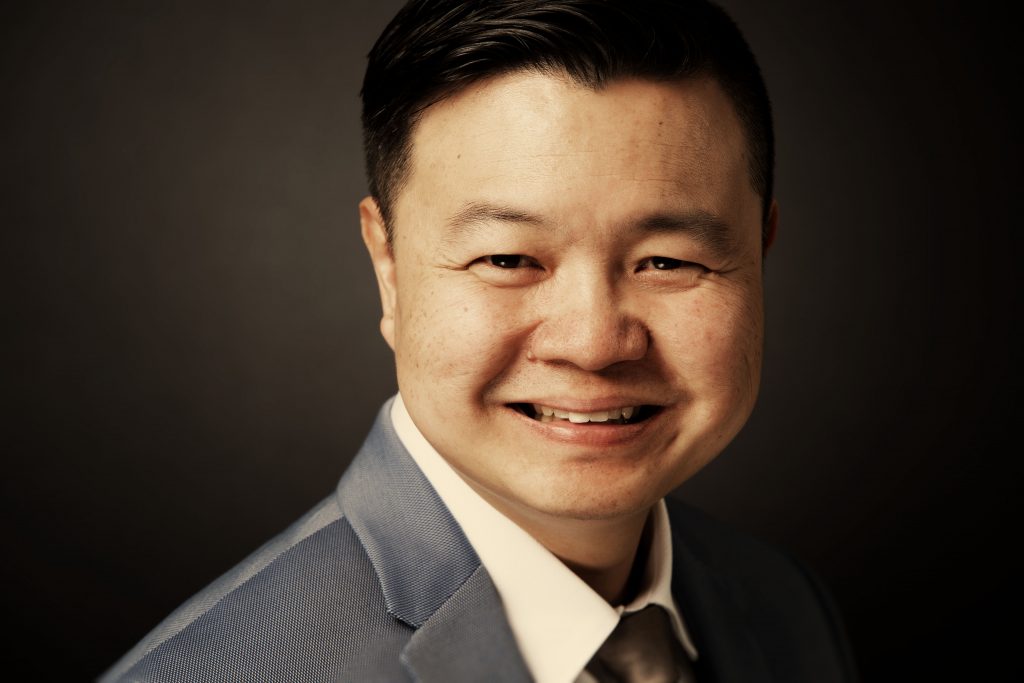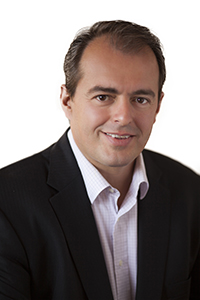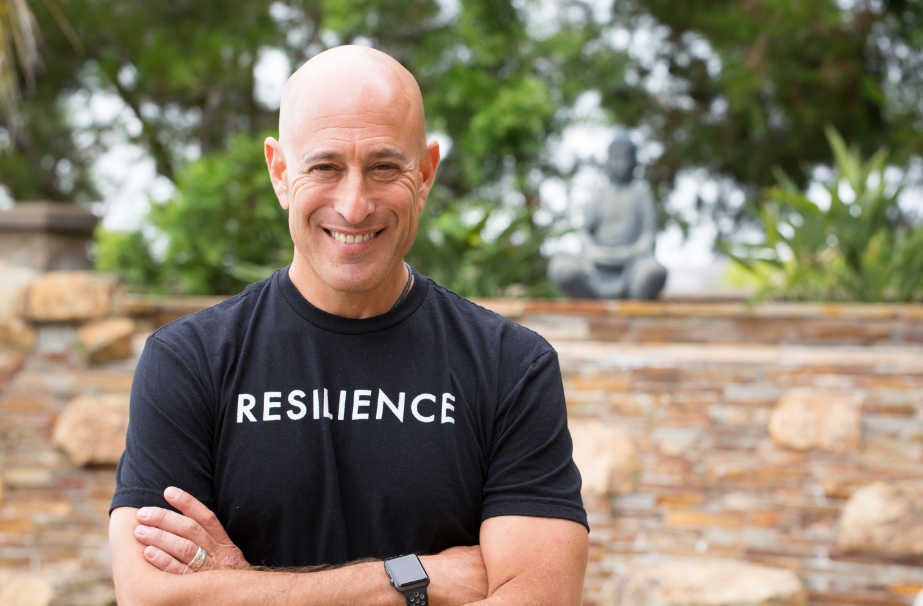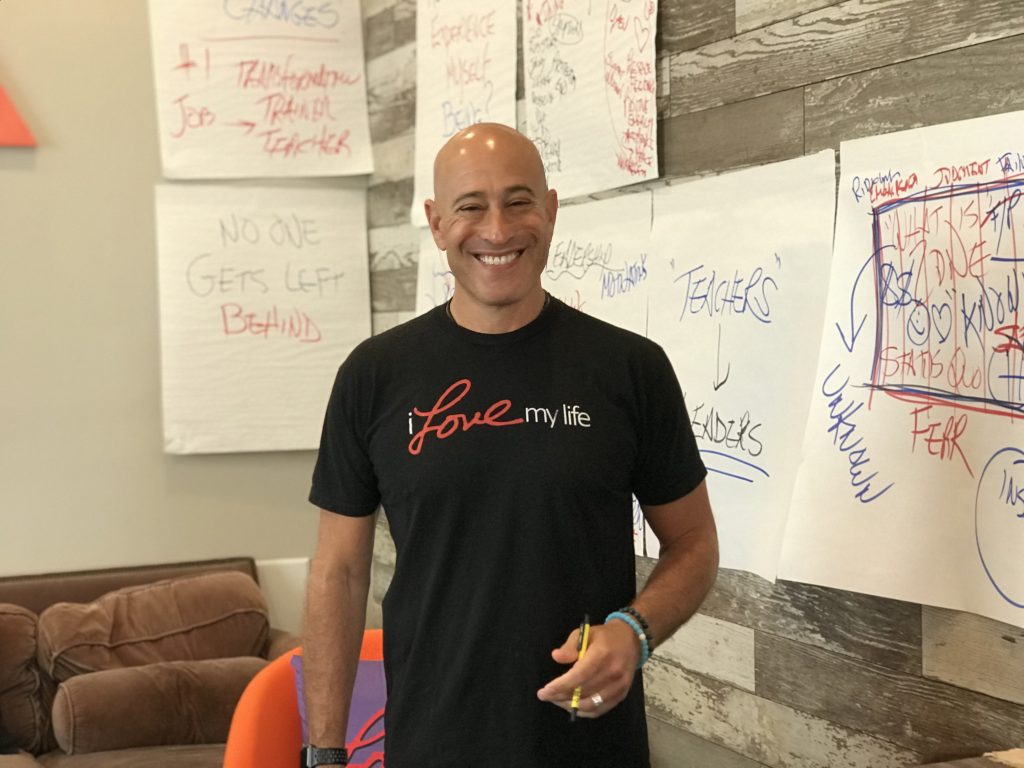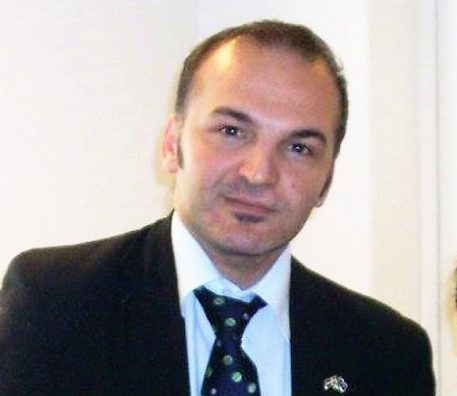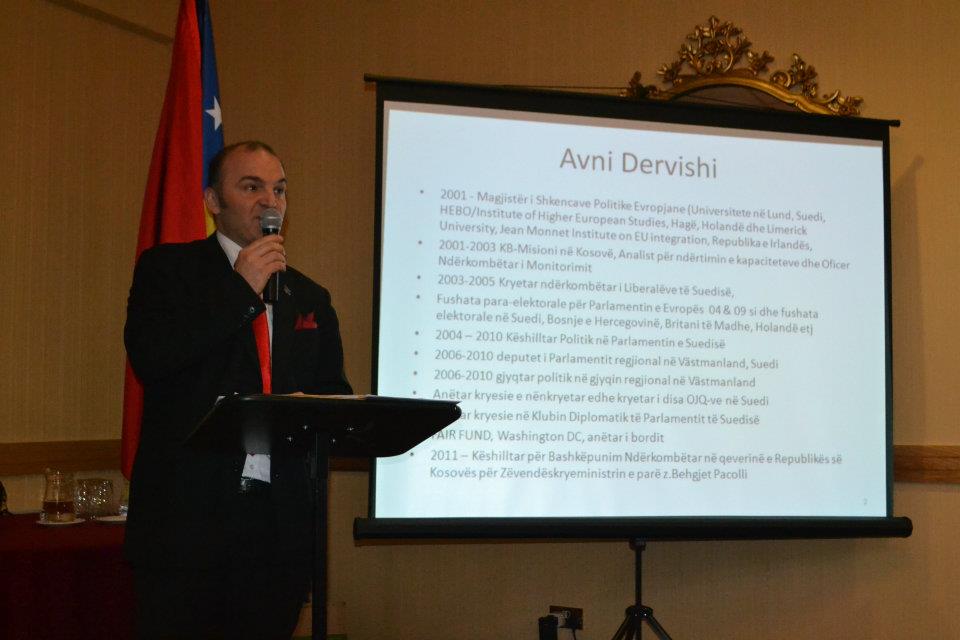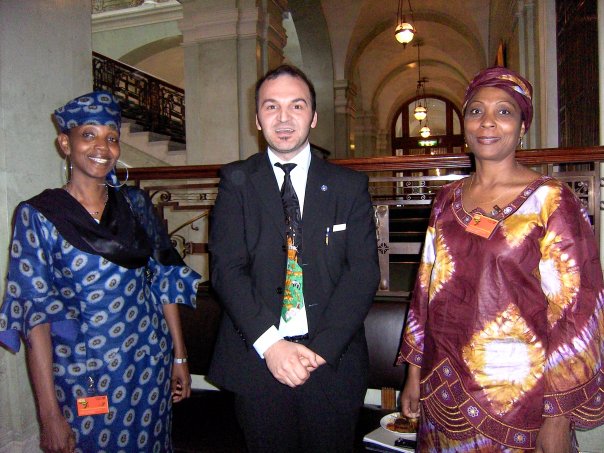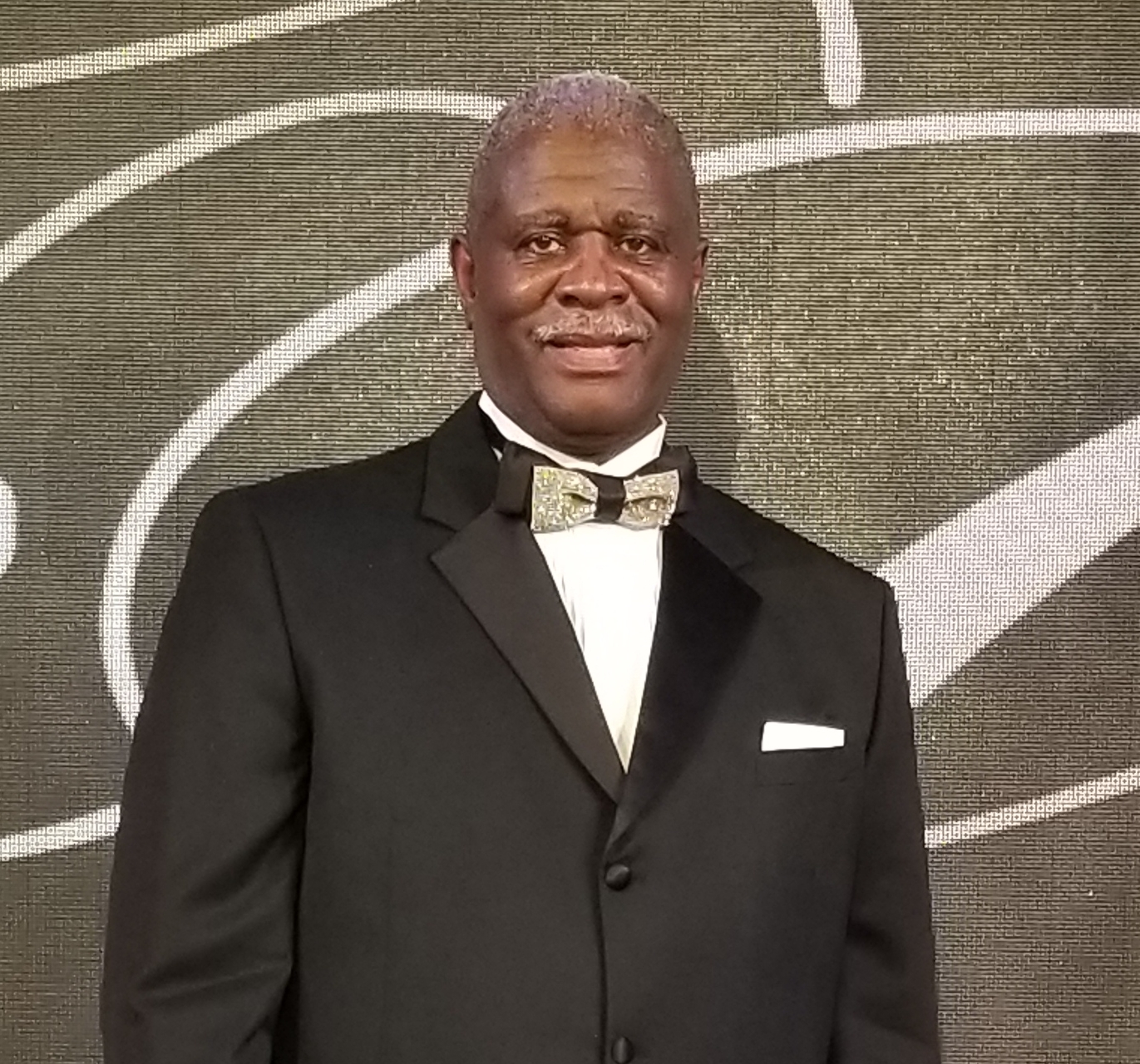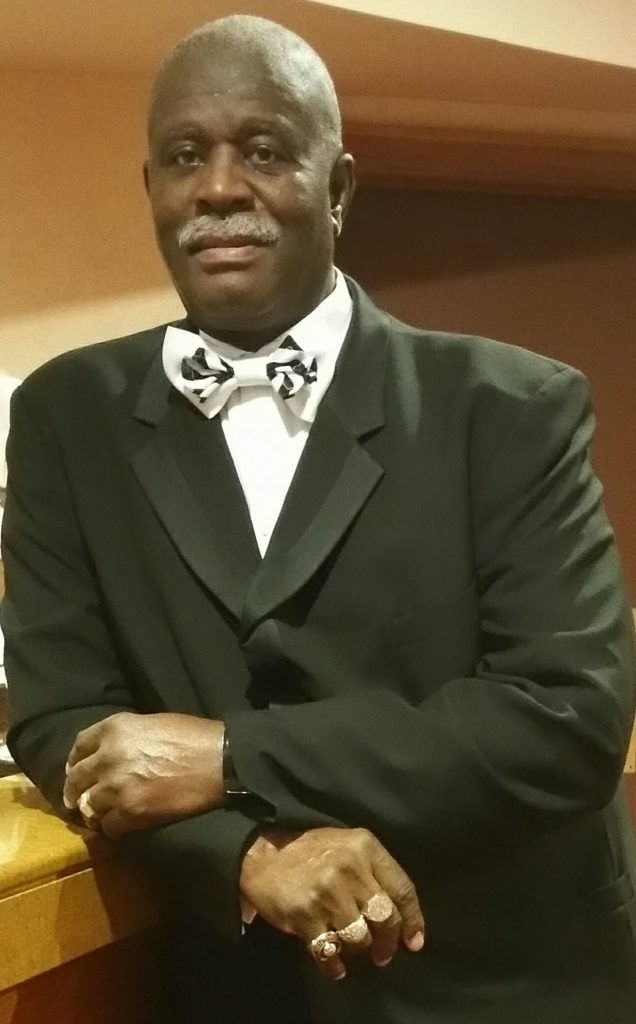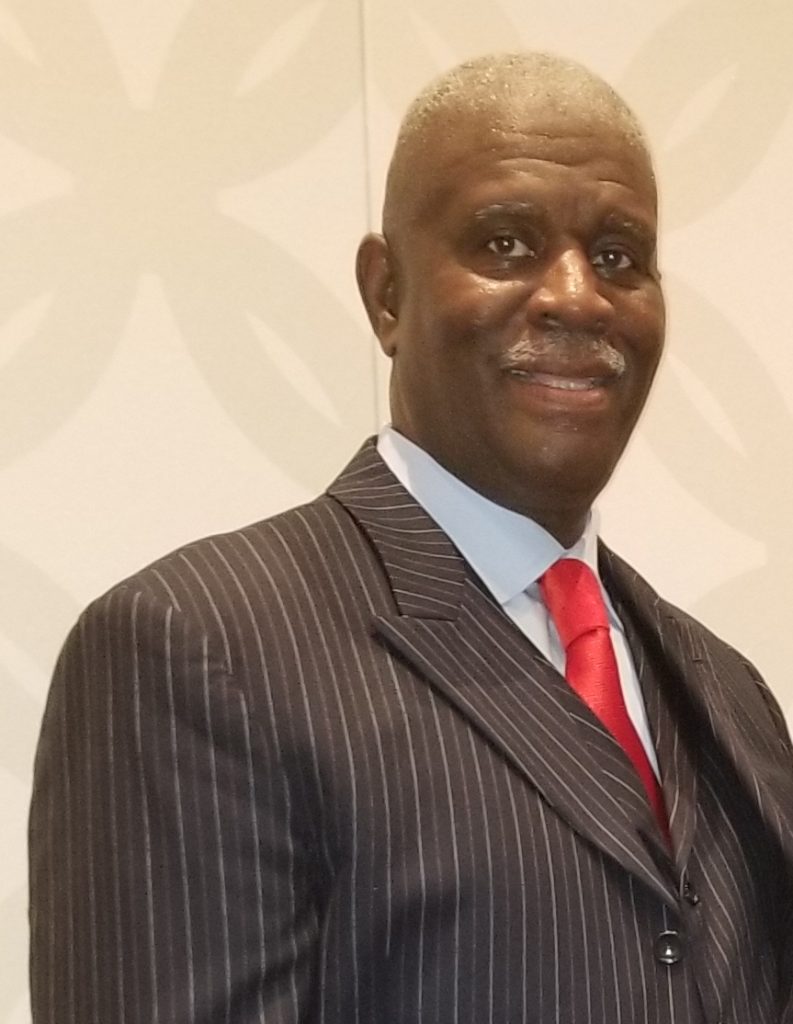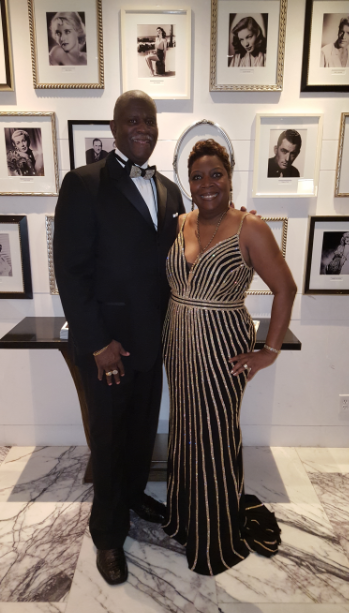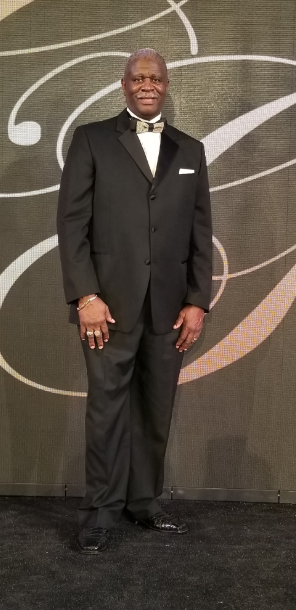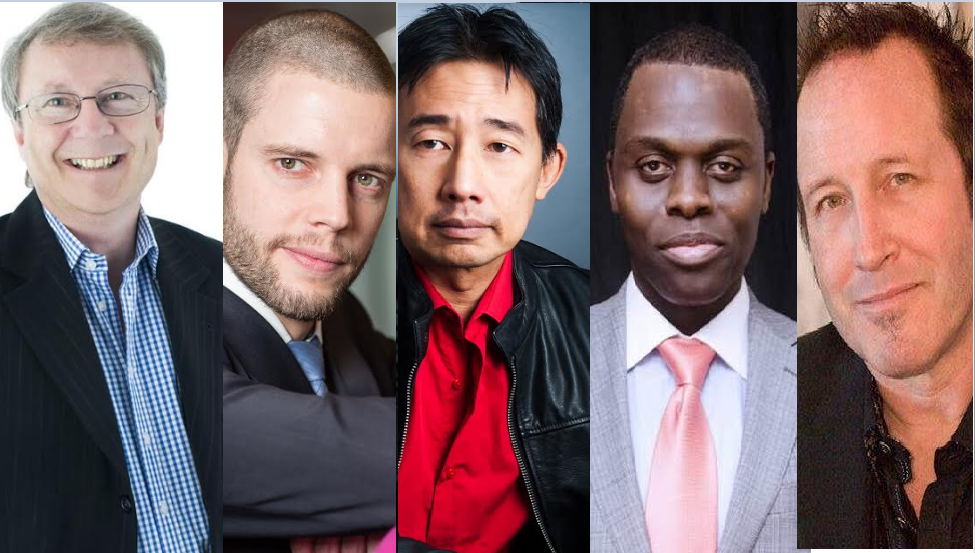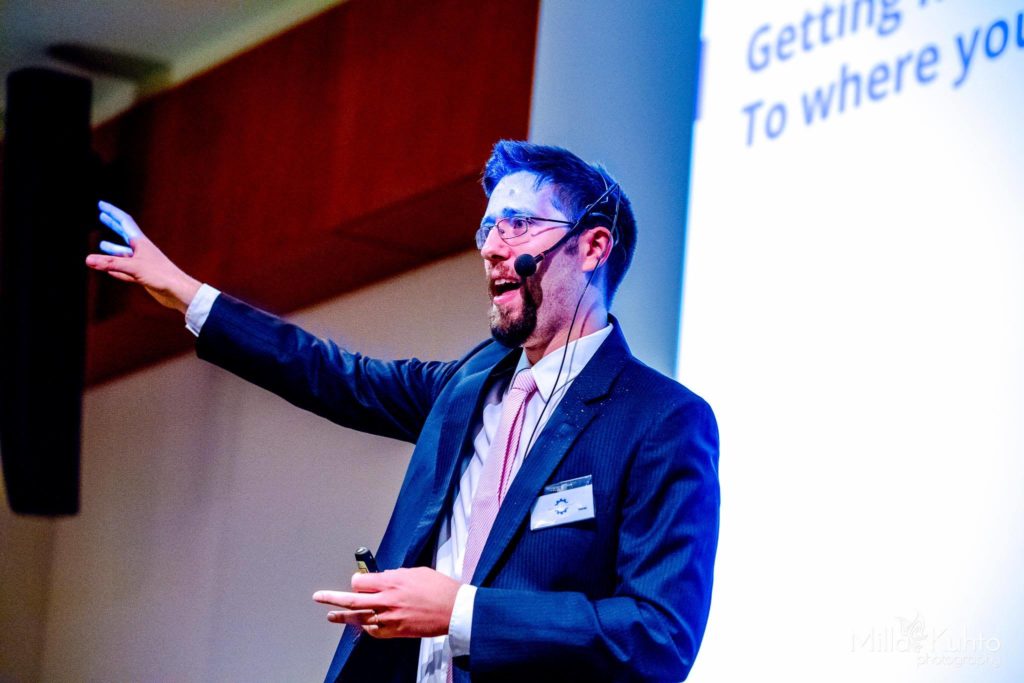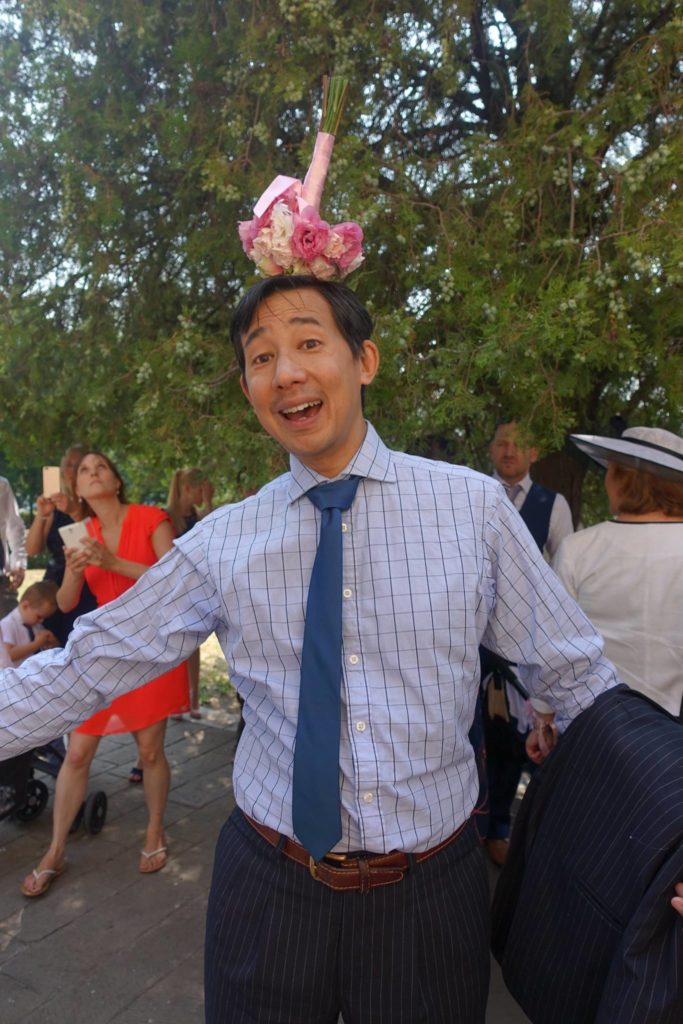Ben Chai
Sometimes enthusiastic extrovert but mostly thoughtful introvert
By Trevor Clarke
Ben Chai is a man of many parts, who has lived a full and varied life through an eclectic mix of activities, from IT to property, to acting, writing books, as a speaker sharing the stage with the biggest names, and more. Ben has achieved great success in many fields and has made his wealth through smart property investing and deserved good fortune in the beginning. He was featured recently in a BBC TV documentary about landlords living in one of their tenant’s properties, on a low budget. Yet, as you will read here, Ben’s early life was a less happy one because of bullying, something he has overcome to grow from a person of low self-esteem to be the outgoing and confident person he is today.
What was your childhood and upbringing like and how has that has influenced who and what you are today?
I grew up in London and was bullied a lot. Later, we moved to Singapore, but the bullying continued due to my being very tiny and very different from the rest of the children. At the time, I decided that the concept of race was very divisive and elected to be a citizen of this planet. Being bullied you learn a lot about people, about survival and develop a sense of when something is not quite right.
You also develop very low self-esteem, which results in a vicious cycle – the lower your self-esteem, the more you distance yourselves from others, the less you develop social skills and become a target for more bullying. Being bullied also taught me much about “isms” sexism, fatism, classism, ageism, and all varieties of exclusivism. My parents had their own challenges to deal with, which made it difficult to get much support in this area. Life was pretty dark in those days.
When I graduated, my parents did not feel I would amount to much due to my shyness and lack of confidence. At the time I had just scraped a degree, and my dad tried to get me a job in government through one of his contacts, where he thought I would be safe. I found the whole thing very disheartening and demeaning and said I would find my own way in the world. Today I realise that nobody was really taught about being good parents and he was only doing the best he could.
For the first few years I did not earn much. During that time, I cycled ten miles to work and slept on a friend’s floor with several other people. My diet consisted of porridge for lunch and corn flakes for dinner. For treats, I had a pot noodle and would suffer from pot noodle rage if someone had eaten one from my supplies.
Due to the bullying, I became mostly a recluse, or would only spend time with retired folk. The retired folk used to teach me to play games, shared their life stories with me, and educated me on how to avoid problems they faced when they were younger. Their life stories would later help me become successful in any venture.
As a young boy, playing games was a way to escape. I learned that if I helped the retired folk complete their chores faster, they would have more time to teach and play games with me.
At an unconscious level, winning at these games taught me how to be successful in life and business. For example, the Game of Diplomacy taught me that the only way to consistently win was to tell the truth without offending others. The game of chess taught me to think five, ten, twenty moves ahead of everyone else. Scrabble taught me how to maximise any situation no matter how bad.
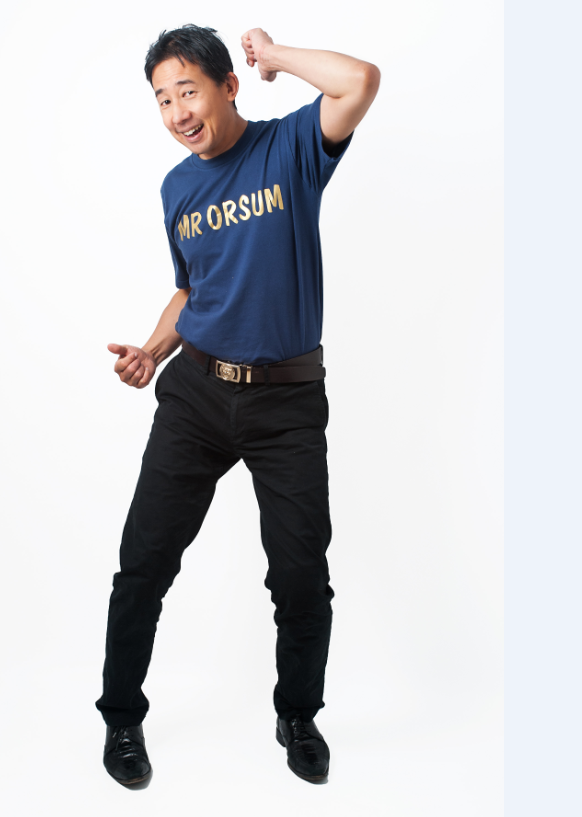
You are a man of many parts and roles, and mystery. Your LinkedIn profile states: Actor; Author; Speaker; Business and IT strategist; Content creation specialist; Property specialist. Tell us more about these.
My very first acting role was as a baby in a James bond film. Since then I’ve been in media in most places I’ve lived either for technology, cyber security, gaming, dance, theatre or other television and films. My great aunt and uncle were members of an acting union and used to get me parts with famous people such as Madonna and John Cleese. We didn’t have selfies and the internet in those days, otherwise my celebrity album would be bursting!
After university, I managed to get a lowly paid position as an administrator in an IT company. My manager told me it would take two years to learn his position. Due to my early gaming days, I created a strategy to learn everything he knew within a month. The game of Diplomacy taught me not to demonstrate this accomplishment for another two months just in case he felt threatened. I soon took over purchasing and was able to get great deals due to collaborations with other IT companies. This joint purchasing put me in front of many CEOs of small to medium IT companies.
In the eighties, the phrase “knowledge is power” was rampant. The technical department would not tell me how to repair simple computer problems, such as the type of cable, because they felt their jobs were protected if people didn’t have their knowledge. The engineers blocking behaviour incensed me so much that I said to myself, one day I will share your entire knowledge with the world. I spent my evenings learning every single software the company was selling. After a while customers would call me for technical help.
One day the company trainer fell sick and I volunteered to train the course. They were surprised about my software knowledge but declined my offer and said they would get a freelancer. Unfortunately for them no freelancer was available and the customer had flown their executives in to learn the software and were threatening to sue the company. Opportunity met preparation and I got to give my first course. Afterwards, the customer requested that I be the only person to teach their entire organisation. This began my speaking career and since then I have spoken to audiences of up to 14,000 for Microsoft and large churches.
My degree is in mathematics and computer science. As a young boy, I was the only one in my class to beat the computer at chess. At the time, I had a much better understanding of computers than anyone else. A new manager was impressed with my ability to learn and train the software, and trained me in sales. Because my knowledge of computers was superior to the competitors and I was spending until 5:00am learning software and hardware, we were able to quickly grow the business. Another IT company headhunted me to run their entire sales and technical team. Being the CEO’s right-hand person taught me much about running a business. Later the CEO would ask me to run further businesses with him.
From there, I moved to a senior executive position at Kodak, in charge of the marketing and training of new IT products in EMEA. This position involved the creation of marketing strategies, educating and speaking to all Kodak sites, distributors and outlets on how to use and market the products. The role also involved authoring all their product and training manuals. Which is where I began a new skill in authoring. Later this content creation combined with my film, TV and radio experience would later blossom into a skill which would make me a seven-figure income as a content creation specialist.
As a systems and business speaker and educator for Microsoft and Learning Tree International, I’ve had the good fortune to rub shoulders with, teach, coach and mentor many diverse companies, from small single entrepreneur companies to global multi-nationals in banking, pharmaceutics and many more.
What drew you to such an eclectic mix of activities? Were they all part of your intention? In my twenties, I decided to be retired by my mid-thirties. To be retired you need ongoing income. At the time, I thought about what businesses would provide residual income or what is known today as passive income. These businesses included Rental properties, royalties from film and music, licenced intellectual property, network marketing, a great pension, royalties from books, royalties from games and merchandising. To make my plan fool-proof, I created several related businesses which would provide passive income.
Property was fantastic as there weren’t many property investors in those days. My parts in films with people like Madonna and John Cleese used to pay repeat cheques on every broadcast. My time at Kodak, taught me how to write books and create training manuals for technical educational companies. These training manuals were written about the most popular software of the day and provided me with a large amount of passive income whenever the training manuals were used.

How and why did you get into becoming a property landlord?
In the late eighties, there were hardly any property investors to learn from. My initial thought process, was if property prices always go up then all I needed was to buy four or five properties and create a strategy to hold all the properties as they appreciated in value.
Once they had appreciated, I would sell one to pay off all the others and so be financially free, by having incoming producing properties which fitted in my residual income model. At the time, I never thought to make income from rental. The rental would just pay for the mortgages. It is probably why I still have the lowest rentals in many of my investment areas.
When I graduated, I asked for a loan from my parents to buy an investment property. I was categorically told that property investment was a stupid idea as my parents had always lost money whenever they moved. I never got that loan. I was still too young and naïve to realise that my parents (and the rest of the world), didn’t really understand property.
In the late eighties, a couple in their mid-thirties knocked on my door and asked for a cup of tea. I thought they were the Mormons coming to convert me, but it turned out that they were the grandchildren of a dear old lady from next door. Apparently, their grandmother had passed away. She used to tell them many stories about how I used to mow her lawn, have cups of tea and do the odd handyman job when she needed someone. The grandchildren said that they would like to bless me for looking after their grandmother and asked if I would like the house at a price substantially below the estate’s valuation.
My reply was “no” because my parents told me investment property was not a good thing. They said it was my decision, but they would give me a week to think it over. At the time there was no concept of buy-to-let mortgages, so I could not get a mortgage on the property, however my brother agreed to take the mortgage and we had a signed agreement that the property belonged to me.
When my parents found out I’d bought the house next door, they were very angry with me as I had no knowledge what to do next. For a while, I just used the house as an extended house. I was so naïve at the time that I thought, if I bought several houses in a row I could convert them into a hotel.
You were featured recently on a BBC documentary, The Week the Landlords Moved In. What can you tell us about the experience overall and including the off-camera moments?
There are some things that I’m not allowed to talk about, but it was a fantastic experience.
My coaches advised me and many others not to do the show. There were many discussions in the property forums that said the show is designed to make landlords look bad. My attitude was that there is no such thing as bad publicity. If I was doing something wrong as a landlord I’d rather find out, plus I hoped it would put me in touch with some producers, as I’d like to resurrect my film and acting career from my early days.
According to the camera crew, I was one of the more authentic landlords they’d met but a conflict was required to make the episode watchable. There are many unpublished parts. One unpublished part was my reaction to the £47.00 they gave me to live on for the week. My response was to thank them for their generosity, I could live on less if they wanted. It turns out I was able to live on £14.47, so I was asked what I would do with the rest of the money.
My response was to invest the money. Either create a nest egg and invest the larger sum, or invest in a sponge and bucket and create more wealth by washing cars.
Who is the real person inside of Ben Chai?
Firstly, there is no real me. All of me is real and false at the same time. We grow, and we evolve. Who we are today is not necessarily who we are tomorrow. I am literally the person you see. Sometimes an enthusiastic extrovert but mostly a thoughtful introvert. As one person commented “Ben when I first met you, you were so quiet. I didn’t think much of you…but when you got on that stage you had so much energy and education, you blew every other speaker out of the water. How is this possible?!”
You have written a book called Social Magnetism. What are your top secrets for social success that you would care to share with Global Man readers?
No….but okay you twisted my arm. My top tips are:
-Don’t be boring – look at their eyes. The eyes glaze over when you are boring someone, or they begin to look away from you. You don’t need to explain everything because they aren’t listening anyway. Their heads are nodding but inside they are far away from the conversation.
-Add value and don’t be a douche bag. Being a douche bag worked when you were a kid but the older you get the more others want authenticity.
-Learn to walk from people who don’t care about you.
-Give so much value but don’t give to a level where people abuse your time or feel guilty because you won’t let them give back to you.
-Learn to receive.
-Understand that you are a wonderful person and learn to properly love that wonderful person. If you love yourself in a healthy manner you would treat everyone else in the same way.


